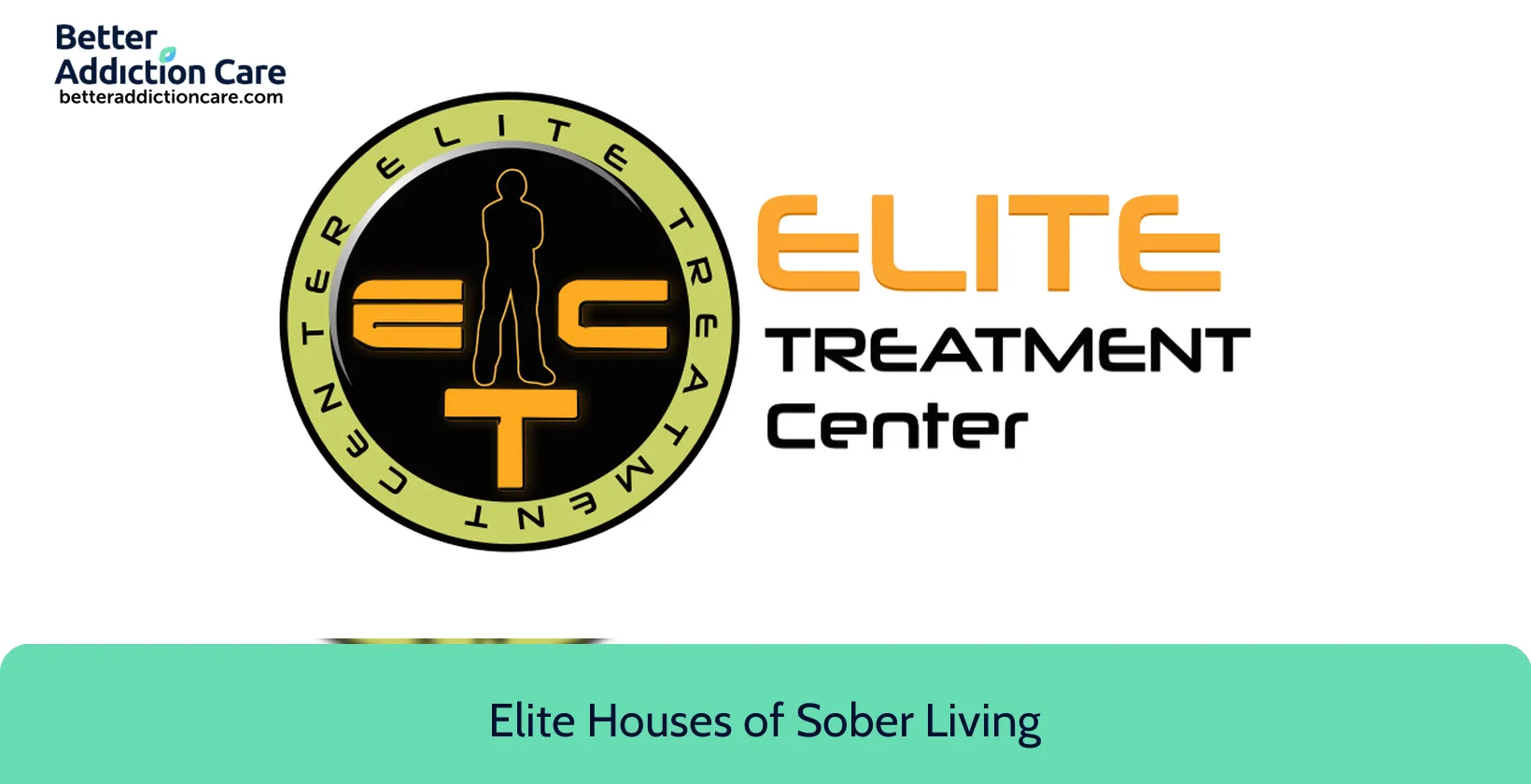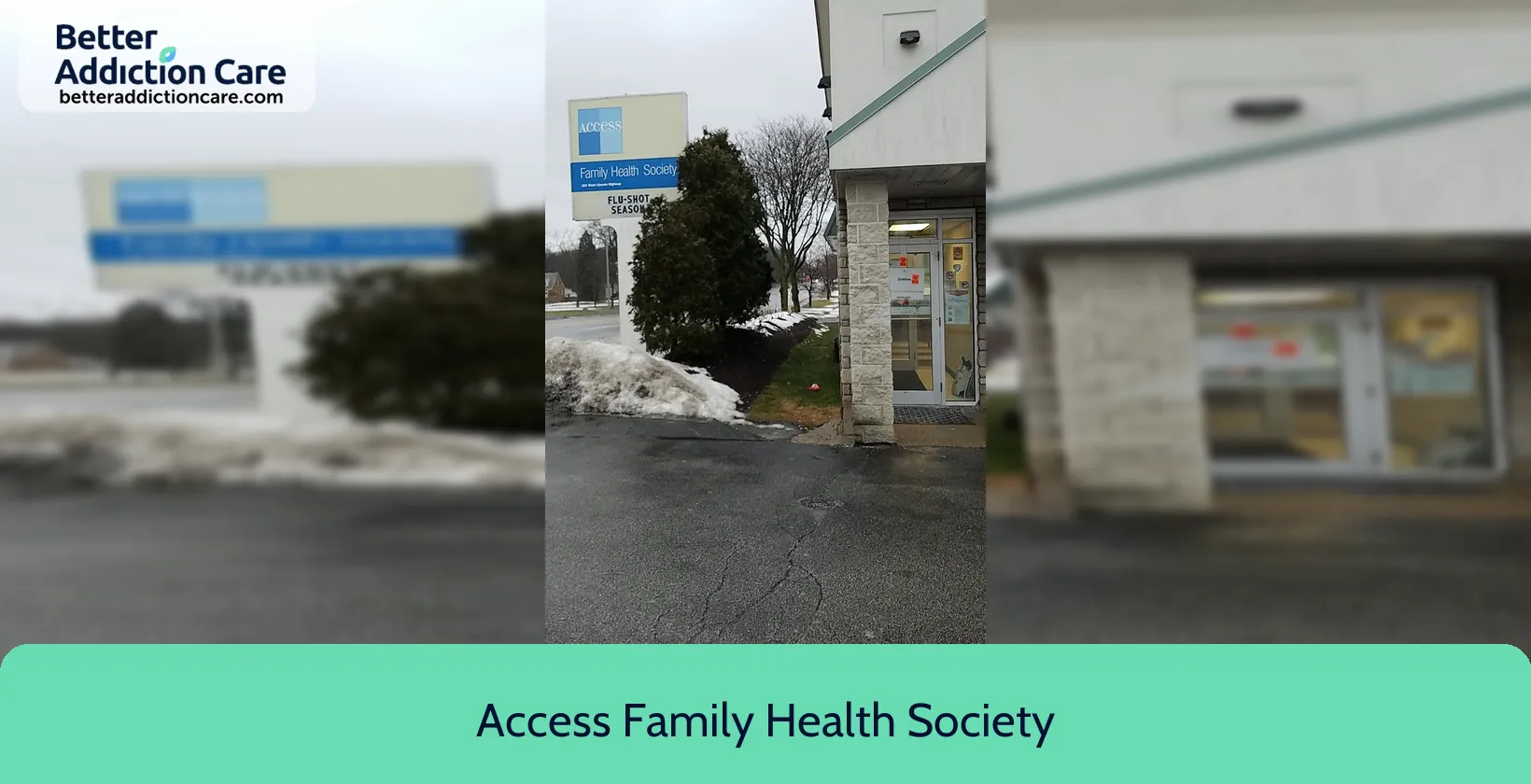Access Family Health Society
Overview
Access Family Health Society is an accredited substance abuse treatment center that provides outpatient treatment for men between 18 and 65+ years of age. As part of their special programs, Access Family Health Society treats clients with co-occurring mental and substance use disorders, veterans, and criminal justice (other than dui/dwi)/forensic clients. To help patients achieve sobriety, Access Family Health Society provides intake assessments. Afterward, patients receive cognitive behavioral therapy, telemedicine/telehealth therapy, and substance use disorder counseling during treatment. Access Family Health Society is located in Chicago Heights, Illinois, providing treatment for people in Cook County, accepting cash or self-payment, medicaid, and medicare.
Access Family Health Society at a Glance
Payment Options
- Cash or self-payment
- Medicaid
- Medicare
- State-financed health insurance plan other than Medicaid
- Private health insurance
Assessments
- Screening for tobacco use
- Comprehensive mental health assessment
- Comprehensive substance use assessment
- Interim services for clients
- Outreach to persons in the community
Age Groups
- Seniors or older adults
- Young adults
- Adults
- Seniors
Ancillary Services
- Case management service
- Integrated primary care services
- Early intervention for HIV
- Mental health services
- Transportation assistance
Highlights About Access Family Health Society
7.17/10
With an overall rating of 7.17/10, this facility has following balanced range of services. Alcohol Rehabilitation: 8.00/10, Drug Rehab and Detox: 7.23/10, Insurance and Payments: 6.00/10, Treatment Options: 7.46/10.-
Alcohol Rehabilitation 8.00
-
Treatment Options 7.46
-
Drug Rehab and Detox 7.23
-
Insurance and Payments 6.00
Accreditations
Federally Qualified Health Center:
Federally Qualified Health Center (FQHC) accreditation is a process of evaluation and recognition by the federal government for community health centers that provide comprehensive and accessible healthcare services to underserved populations. FQHC accreditation is essential for centers to receive federal funding and to ensure that they meet standards for quality, patient-centered care.
Treatment At Access Family Health Society
Treatment Conditions
- Mental health treatment
- Substance use treatment
- Co-occurring Disorders
Care Levels
- Outpatient
- Outpatient methadone/buprenorphine or naltrexone treatment
- Regular outpatient treatment
- Aftercare
Treatment Modalities
- Cognitive behavioral therapy
- Telemedicine/telehealth therapy
- Substance use disorder counseling
- Trauma-related counseling
- Smoking/vaping/tobacco cessation counseling
Ancillary Services
Additional Services
- Pharmacotherapies administered during treatment
- Mentoring/peer support
- Drug or alcohol urine screening
Special Programs
- Clients with co-occurring mental and substance use disorders
- Veterans
- Criminal justice (other than DUI/DWI)/Forensic clients
- Clients with HIV or AIDS
- Clients who have experienced trauma
Get Help Now
Common Questions About Access Family Health Society
Contact Information
Other Facilities in Chicago Heights

7.14

6.74

7.33
DISCLAIMER: The facility name, logo and brand are the property and registered trademarks of Elite Houses of Sober Living - Elite Treatment Center, and are being used for identification and informational purposes only. Use of these names, logos and brands shall not imply endorsement. BetterAddictionCare.com is not affiliated with or sponsored by Elite Houses of Sober Living - Elite Treatment Center.

